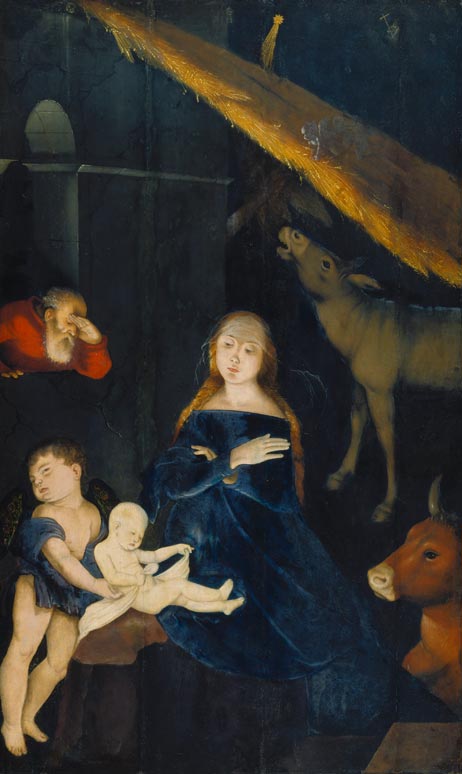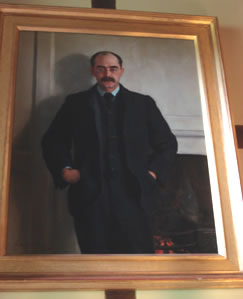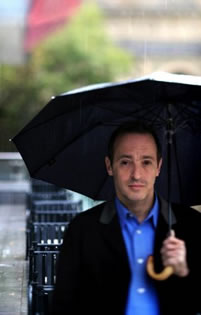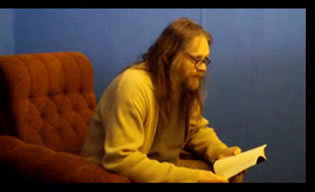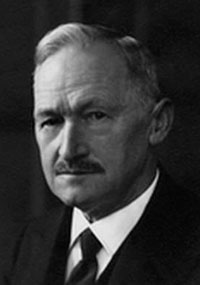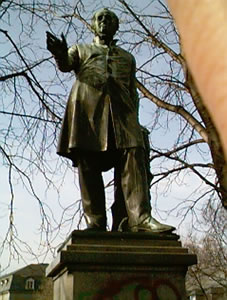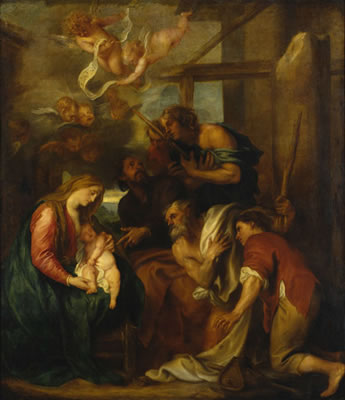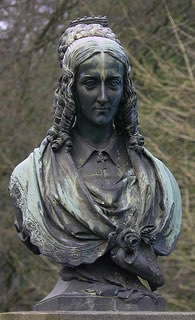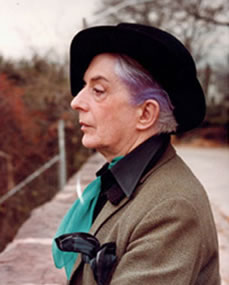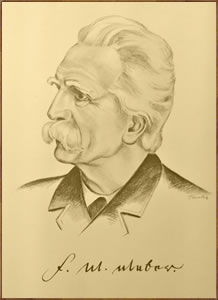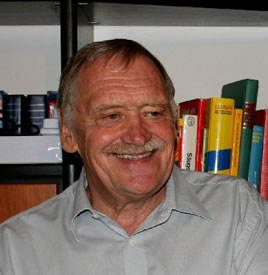De Indische dichter Mirza Ghalib (eigenlijk Asadullah Baig Khan) werd geboren op 27 december 1796 in Agra. Zie ook alle tags voor Mirza Ghalib op dit blog.
Heart it is, not a brick or stone
Heart it is, not a brick or stone
Why shouldn’t it feel the pain?
Let none tyrannize this heart
Or I shall cry again and again
Neither the temple, nor the mosque
Nor on someone’s door or porch
I await on the path where He will tread
Why others should compel me to go?
The illumined grace that lights up the heart
And glows like the midday sun
That Self that annihilates all sights
When then it hides in the mysterious net?
The amorous glance is the deadly dagger
And the arrows of emotions are fatal
Your image may be equally powerful
Why should it appear before you?
The rules of life and bonds of sorrow
In reality are the one manifestation
Before realizing the ultimate truth
How can then one attain liberation?
Love is laden with noble thoughts
Yet what remains is the carnal shame
Trust conscience the still little voice
Why do you want test the rival?
There the pride of modesty resides
Here dwells the social morality
How shall we meet, on which road
Why should he invite me to the abode?
True he is an atheist
Unfaithful and unchaste
Dear to who is faith and heart
Why should he then venture there?
Without the wretched “Ghalib”
Has any activity come to a halt?
What then is the need to cry?
What then is the need to brood?
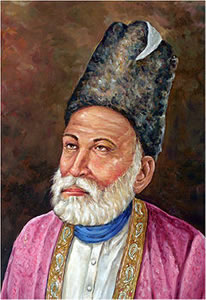
Mirza Ghalib (27 december 1796 – 15 februari 1869)
Lees verder “Mirza Ghalib, Carl Zuckmayer, Charles Olson, Serafín Estébanez Calderón, Klaus Hoffer”

